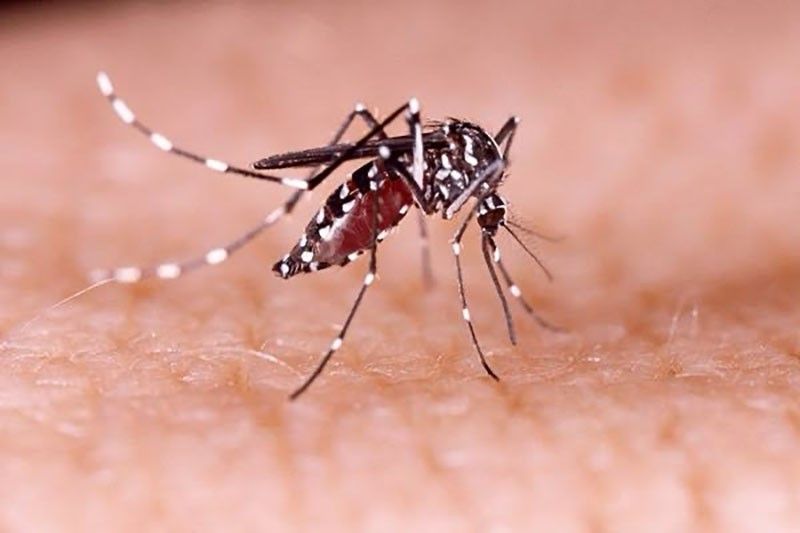September sees fewer dengue cases, but 2024 incidence 82% higher than 2023 — DOH

MANILA, Philippines — Dengue cases declined in the first two weeks of September, the Department of Health (DOH) reported on Friday, October 11.
From September 1 to 14, the health department recorded 25,986 dengue cases, marking a 20% drop compared to the 32,649 cases reported from August 18 to 31.
This decrease was observed across all regions over the past month, except in the National Capital Region.
Despite the decrease in early September, the total number of dengue cases for 2024 remains significantly higher.
As of October 4, there were 269,467 infections recorded, an 82% increase compared to 147,678 cases during the same period in 2023.
The number of those who experienced “severe dengue” was 2,856 as of October 4.
However, the rate of people dying from a dengue infection is lower in 2024 than in 2023. The case fatality rate is 0.26% in 2024, while in 2023 it was 0.37%.
“The DOH urges the public to stay alert and continue efforts to protect themselves and communities. We encourage everyone to practice preventive measures and seek medical attention at the first sign of dengue symptoms,” Health Secretary Teodoro Herbosa said in a statement.
Patients infected with dengue are recommended to drink enough fluids because there is no treatment for the viral disease.
Dengue is transmitted by mosquitoes, particularly the aedes aegypti, and often results in hospitalization due to complications such as respiratory distress and organ impairment.
During rainy days, the DOH advises the public to practice the following:
- Eliminate mosquito breeding sites by removing stagnant water from containers.
- Use self-protection measures such as insect repellents and wearing long-sleeved clothing.
- Seek early medical consultation if symptoms like fever, headache, body pain, or skin rashes appear.
- Support fogging or spraying in areas with high dengue incidence.
- Latest
- Trending




























